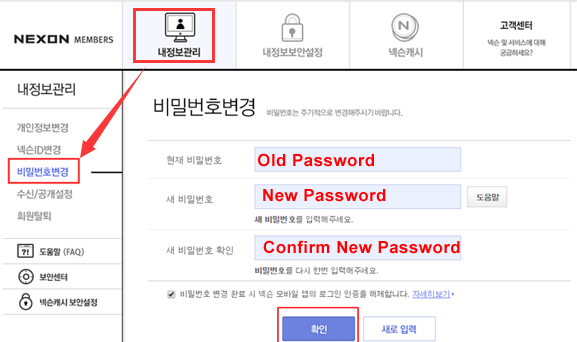

“The format will help address it for sure but what creates success and what creates competitiveness? It’s regular investments, the right structures on the ground, domestic leagues that are up and running regularly, with good standards, and regular participation in our qualifiers for the World Cup or Euros. Referencing the impact of the pandemic she said: “There are huge inactivity levels across the world, in leagues, in national team football, and if you don’t play regularly, at an elite level, for a national team, if your league is not up and running and has to be cancelled, then these are all factors as to why, right now, we see results like we’ve never seen before.


Kessler warned that changes to qualification alone would not be enough. We are considering lots of different options, like a Nations League but not only a Nations League, to see how we can close this gap.” “We’re looking at what was good and what wasn’t good to then draw up what hopefully will be the best format to improve the competitiveness. “We’re looking at all of the formats that we’ve used before,” she said. Kessler said a Nations League-style competition was being explored as a part of discussions. “It’s not good for the development of women’s football, not for smaller or big associations, and it will change as of 2023.” “We acknowledge that we absolutely don’t want to see that,” Kessler said of scorelines such as the Republic of Ireland’s 11-0 win over Georgia in Tallaght on Tuesday, England’s 20-0 defeat of Latvia and Belgium’s 19-0 win over Armenia, which prompted widespread calls for change. The format of European qualification for the women’s World Cup and women’s Euros will change from 2023, Uefa’s head of women’s football, Nadine Kessler, has confirmed, after 29 games with margins of seven goals or more between September and November drew heavy criticism.


 0 kommentar(er)
0 kommentar(er)
